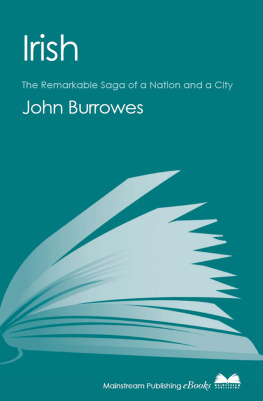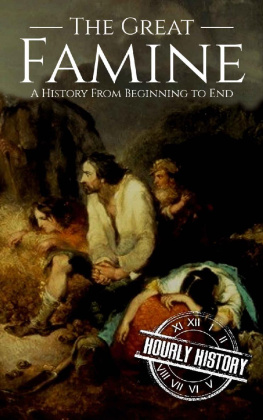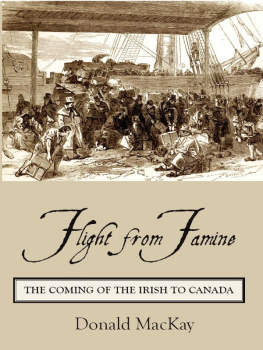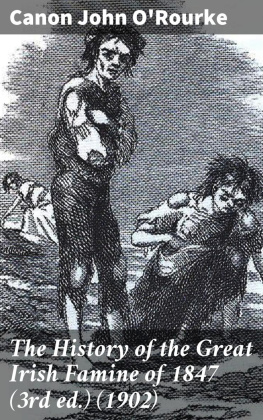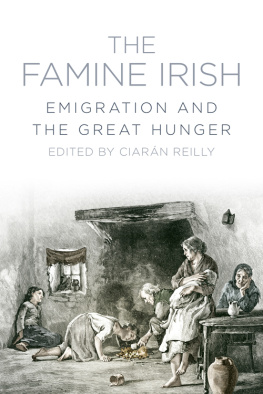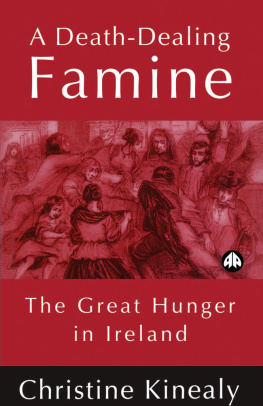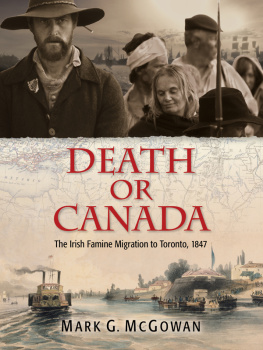ALSO BY JOHN BURROWES
Frontline Report: A Journalists Notebook
My World on Wheels
Benny: The Life and Times of a Fighting Legend
Fiction
Jamesies People
Incomers
Mother Glasgow
Gulf
Also:
Great Glasgow Stories
Great Glasgow Stories II
Glasgow: Tales of the City
IRISH
The Remarkable Saga of a Nation and a City
John Burrowes

This eBook is copyright material and must not be copied, reproduced, transferred, distributed, leased, licenced or publicly performed or used in any way except as specifically permitted in writing by the publishers, as allowed under the terms and conditions under which it was purchased or as strictly permitted by applicable copyright law. Any unauthorised distribution or use of this text may be a direct infringement of the authors and publishers rights and those responsible may be liable in law accordingly.
Epub ISBN: 9781780573458
Version 1.0
www.mainstreampublishing.com
This edition 2004
Copyright John Burrowes 2003
All rights reserved
The moral right of the author has been asserted
First published in Great Britain in 2003 by
MAINSTREAM PUBLISHING COMPANY (EDINBURGH) LTD
7 Albany Street
Edinburgh EH1 3UG
ISBN 1 84018 851 0
Reprinted 2003
No part of this book may be reproduced or transmitted in any form or by any other means without permission in writing from the publisher, except by a reviewer who wishes to quote brief passages in connection with a review written for insertion in a magazine, newspaper or broadcast.
A catalogue record for this book is available from the British Library
Contents
For all those who had to flee across the ditch, and in particular Thomas William Burrowes, born Sligo 1868, died Glasgow 1918.
The guilty one is not he who commits the sin, but the one who causes the darkness.
There is always more misery among the lower classes than there is humanity in the higher.
Victor Hugo, Les Miserables
Preface
It was the much-respected Glasgow historian, the late Charles A. Oakley, who wrote: There is no subject which writers and speakers about Glasgow are less willing to tackle than that of the Irish in Scotland. That perhaps helps explain why a book like this has not been done before. I appreciate Charles Oakleys words far more now, after having worked on this book for the last two years. In commenting as he did, Oakley was well aware that even if a writer or speaker on the subject were not coming from a particular viewpoint, he or she would in all probability still be accused of partiality. Oakley must also have been aware of the reluctance which (surprisingly to me) still exists among some to be identified with their Irish background. A few very prominent people preferred not to speak about or have their Irish roots aired in this book.
Belonging to neither of the two opposed religious camps of the Glasgow Irish, although having Irish antecedents, hopefully I am not guilty of the kind of biased tendencies which Mr Oakley considered to be one of the hazards of writing a book like this. No writer, of course, can be without an opinion and after the long research in which I have been involved for Irish, I have no doubt that my own viewpoint on such matters will have altered somewhat along the road. If that is the case, then I sincerely trust that it is in the direction of a fuller understanding of events in the past and their effects on the present. I have endeavoured to tell the remarkable story of the coming of the Irish to Scotland, and in particular to Glasgow, in the most impartial and dispassionate fashion possible.
I have also made a sincere effort to refrain (as much as I could) from being judgemental. It is all too easy to fall into that trap when writing about Ireland and perhaps such judgements are best left to the historian and the academic. I have no pretension to be either, the objective of this book being to lend some humanity to the history of that quite phenomenal mass movement of people who were cast out of Ireland in numbers even greater than had been the Children of Israel from their homeland. The Children of Ireland were to know suffering of biblical proportions in their flight from a country ravished by famine, arbitrarily misgoverned to the point of vindictiveness, and racked by sectarian violence.
The Great Famine of 184551 was to inflict on the Irish misery and degradation so abject that, in proportionate terms, it was unequalled anywhere else in the world. More than two million were wiped from the face of their land, either dying from starvation or fever, or fleeing to whatever country would accept them.
The Glasgow Irish came from these grim circumstances and in my telling the story for the first time in such terms, I have concentrated on the most significant and momentous of the events leading up to and during the main movement of the Irish people out of their homeland, particularly focusing on those who were to settle in and around Scotlands biggest city. This is not the customary chronological account of those who normally record such historical events. There are no long lists of dates and figures with accompanied annotations and references. Instead my objective has been to seek out and relate some of the most eventful, moving and remarkable of the human dramas which were to occur throughout that unique period in history, dramatically affecting the city of Glasgow as well as many other parts of Scotland. While these stories are often filled with tragedy and the worst of human suffering, they bear the hallmarks of the Irish: their unrivalled adaptability and supreme optimism combined with incredible courage and fearless fortitude. Such were the factors that have seen them achieve, and continue to do so, the great things they have. The Glasgow Irish have contributed so much to the city.
Few cities outside of the New World have known so many incomers as has Glasgow. Many waves of migrants have settled in Scotlands biggest city, each new ethnic community contributing its own individual flavour to the heady cocktail which constitutes that rather unique blend of people, the Glaswegians. But none were to affect the mix of the population of the city as much as those from Ireland. Their arrival, from the latter part of the eighteenth century and throughout the century after that, was to be the most significant of chapters in the long, colourful and eventful history of the city.
Of course, many of the people from Ireland who came to Scotland went on to settle in other parts of the country, principally throughout Lanarkshire, the Lothians and Fife. But no place would identify with them more than Glasgow. Nowhere else would receive such an inundation of them. Glasgow was their main port of disembarkation. For most of them it was to be their first, and indeed permanent, home, as well as that of their descendants.
Often when people think of the Irish they think of the Catholic Irish. But there were also Protestant Irish among the multitude fleeing the starvation and deprivation of Ireland, just as ready and willing to brave the sea-crossing in tiny and perilously overcrowded little steamships. At one time these were so numerous they were referred to as the floating bridge between the two countries. As the passengers religion was not recorded, there are no accurate figures of the numbers of each faith to arrive. However, the proportion of Protestants among the arrivals is usually estimated at between a quarter and a third. Like other Irish, the Protestants came to Scotland mainly for economic reasons, although many were also fleeing the sectarian violence that had plagued the two communities for centuries.

